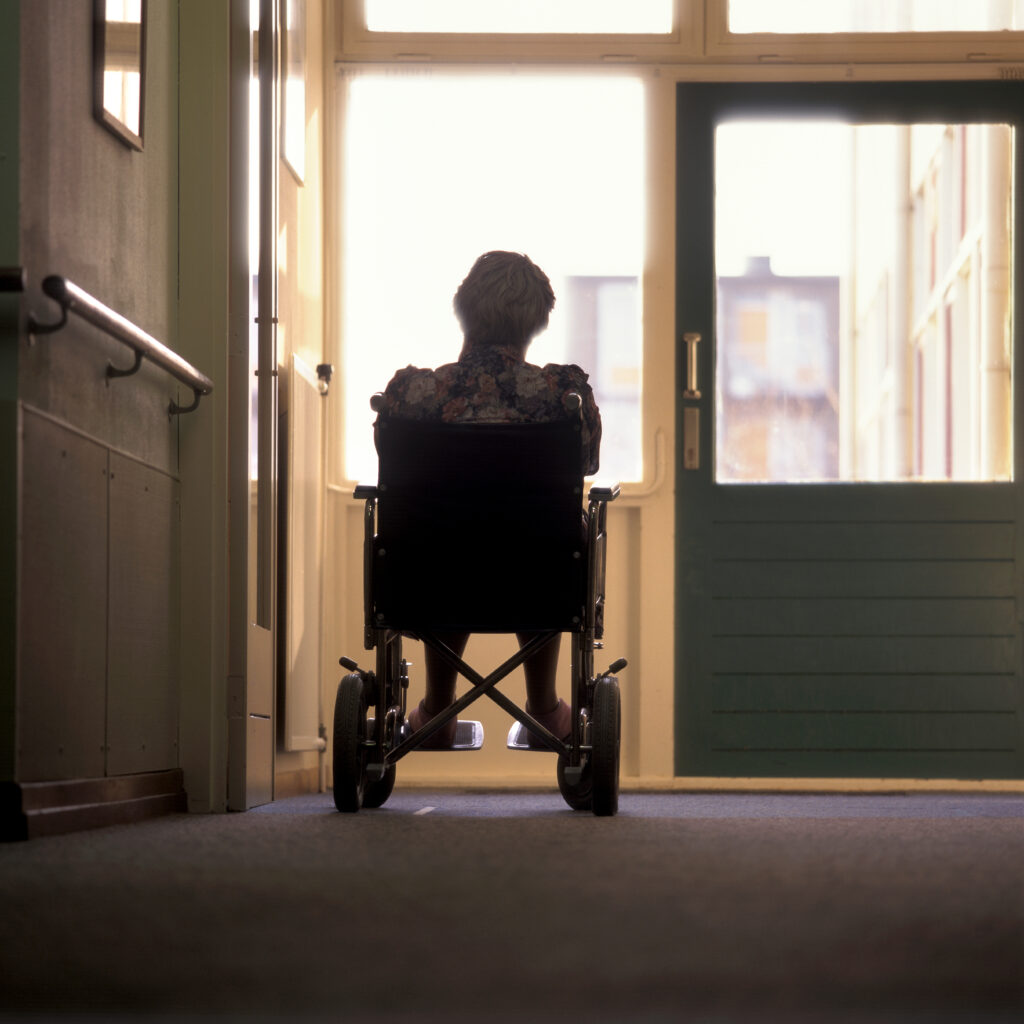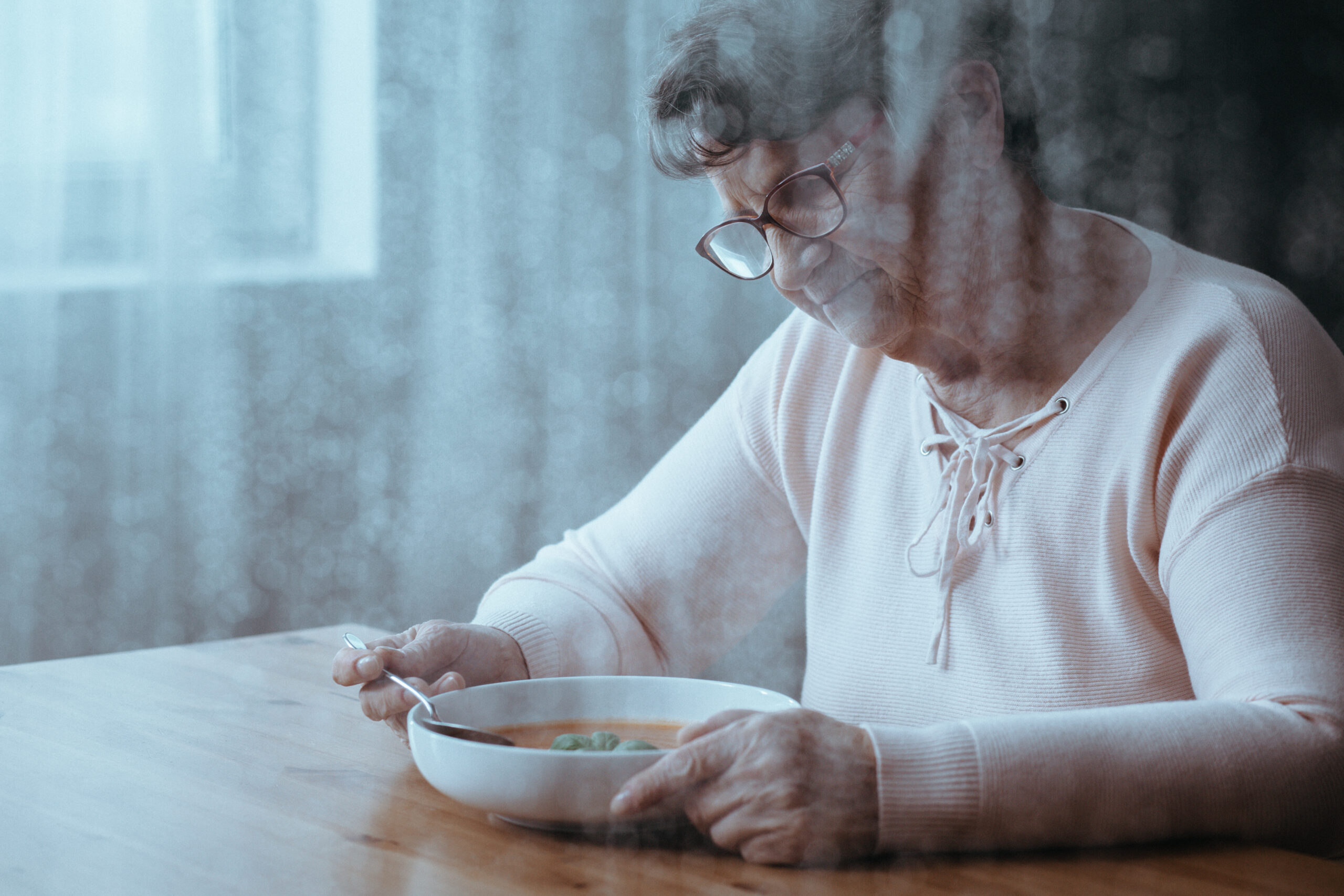Imagine this scenario. All across Australia, as children in pre-school colour-in dinosaur pictures and make clay cupcakes, a sinister thing is happening. It is revealed that 39.2% of them have been subjected to abuse. Some have been bashed, and some have even been sexually assaulted. What do you think would happen following this exposé? An uproar? Parents up in arms? Ministers losing their jobs? Now visualise this for the opposite age spectrum. Yes, we’re now imagining that this is across Australia but in aged care.
The only thing we don’t have to imagine is the 39.2% figure because this is an actual statistic which indicates the percentage of those living in aged care facilities who experience abuse in the form of neglect, emotional abuse, physical abuse or sexual assault.
How can it be that this is met with deafening silence?
During the months that the Aged Care Royal Commission conducted its business, we heard tragic and horrific stories of vulnerable older people who were subjected to unimaginable abuse and neglect.
The Commissioners said it is a national shame that up to 50 sexual assaults take place every week in aged care. These are just the reported cases. How many more are silently ignored? We know that sexual assaults are under-reported. This is particularly pronounced amongst the older population and especially in residential aged care facilities.
Before the Serious Incident Response Scheme was introduced in April 2021 as a way to collect data about abuse, KPMG conducted a study of aged care providers who reported in 58.8% of sexual assault cases, there was no impact on the victim. It goes to show how little aged care providers understand sexual assault. We know that even if a woman is non-verbal, and has cognitive impairment like dementia, her body realises when it is violated. The poor understanding of sexual assault perpetrated against older women mean that cases are missed, and symptoms of trauma are misdiagnosed leading to additional medication given to ‘quieten’ the older woman, so she ‘settles down’. The other thing to note about older women who have been sexually assaulted in aged care is that half die within a year of the assault taking place.
Institutions designed to protect older women often fail them
Let’s presume that an aged care provider has staff trained to look out for sexual assaults, and know the protocol. They call the police and report the case. The police arrive on the scene, but give up investigations immediately because they are told that the older woman has dementia. So, of course, she is playing out her “rape fantasies”. (This is an actual quote from police following the report of rape in an aged care facility.) There is little understanding amongst the police of dementia, as recently witnessed in the tasering of a doddery, older woman with dementia holding a knife in an aged care facility.
Now, let’s presume that the police are trained in how to handle sexual assault allegations in aged care, and have gathered evidence to take it to court. Here, we have to presume that judges and the jury are fully versed with what sexual assault means, and how it impacts older women, including those who are especially vulnerable due to co-morbidities and cognitive decline. She knows what happened, but can she withstand the type of questioning which defence lawyers engage in to inject the element of doubt? Can judges and juries get over their unacknowledged ageist bias which commonly negates a wrinkled, bent-double older woman as a rape victim?
Lack of resources in the aftermath of sexual assault
The National Plan to End Violence Against Women and Children has identified ‘Recovery and Healing’ as one of the 4 pillars for action (the others being ‘Prevention’, ‘Early Intervention’ and ‘Response’). What happens to older women who have been sexually assaulted or subjected to other types of abuse in aged care? What access to ‘Recovery and Healing’ do they have? How many victims are given access to therapy? And how many more victims continue to be locked up in dementia units with their perpetrators?
When aged care providers do not have enough staff to provide meal support to their residents (one study conducted for the Aged Care Royal Commission revealed that 68% of the residents studied in aged care were malnourished or at risk of being malnourished), what hope can we have that those who have been abused are being taken care of, and provided with the healing they are entitled to? And that active steps are taken to protect them from further abuse?

There is lack of support for victims of sexual violence who live in aged care settings. Picture: Adobe Stock
It is instructive that the Australian government has not listed aged care facilities as a ‘primary place of detention’ for the purpose of our compliance with being a signatory to the UN Optional Protocol to the Convention against Torture and other Cruel, Inhuman or Degrading Treatment or Punishment. This is an important opportunity lost for external experts to scrutinise practices in all places where people are detained in Australia to ensure humane treatment. Residents in aged care facilities, especially those locked up in secure dementia units, are conveniently left-out.
The problems of chemical restraints which too many residents in aged care are subjected to are issues to be discussed at another time. This focus on sexual assaults in aged care is to highlight the problems associated with keeping older women safe when they are in institutionalised settings, and the challenges we face when it comes to the prevention and prosecution of cases. We haven’t even begun to scratch the surface of all the trauma some older women carry from years of abuse which could have begun as sexual abuse when they were children. There are also the Care Leavers (the ‘Forgotten Australians’) who have suffered a range of traumatic abuse in institutions as children and who are justifiably horrified at the thought of seeing out their twilight days in yet another institution.
Aged care is a feminist issue because the majority in residential aged care facilities are women (66%). It is a national shame that even in our dying days, women continue to be victims of sexual assault. And we are still not believed. Imagine that.
Yumi Lee is CEO of the Older Women's Network NSW, an advocacy body for the rights, dignity and wellbeing of older women in Australia.
She has been a tireless peace and women's rights activist for many years and has worked in communications, advocacy, lobbying and fundraising throughout her career.





